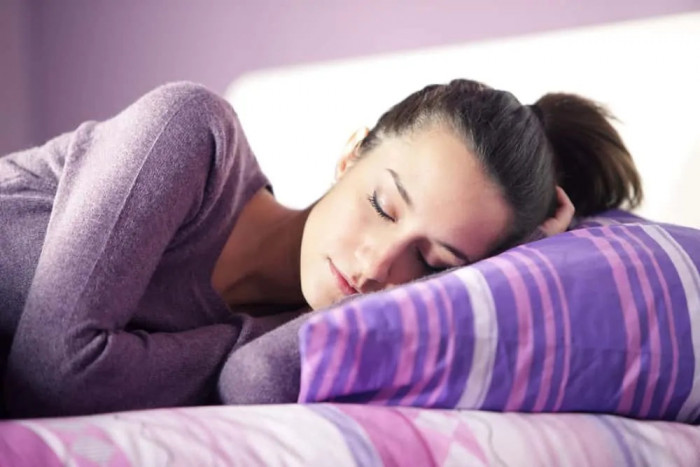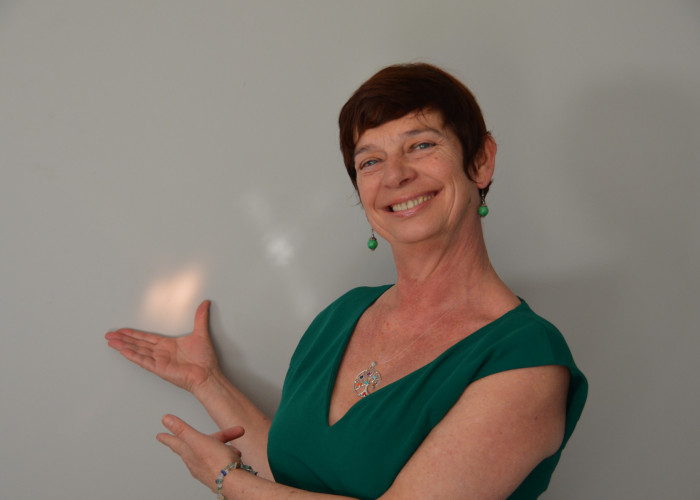According to healthdirect.gov.au, 30% of Australians experience insomnia at some point in their lives, although only 5% require professional treatment. Insomnia can last for a short time, or months, even years. Women and elderly people are more likely to suffer from it.
In clinic, we do see and hear about bad sleeping habits more often these days. The challenges of life and existence are not always easy to manage. Often problems with sleeping comes up in the conversation in combination with something else.
According to a Professor Matthew Walker, a Neuroscientist with a special interest in the science of sleep says: “Two-thirds of adults throughout all developed nations fail to obtain the recommended the recommended eight hours of nightly sleep”. Eight hours of sleep for adults are recommended by both the WHO (World Health Organisation) as well as the National Sleep Foundation.
An article in Psychology Today debates if sleep deprivation is considered torture or not and further states: “The first signs of sleep deprivation are unpleasant feelings of fatigue, irritability, and difficulties concentrating. Then come problems with reading and speaking clearly, poor judgment, lower body temperature, and a considerable increase in appetite. If the deprivation continues, the worsening effects include disorientation, visual misperceptions, apathy, severe lethargy, and social withdrawal.” Individuals will die if sleep continues to be deprived.
In Chinese medicine, we believe that the importance of sleep is under rated simply based on the balance of Yin and Yang. Yin being the inactive, quiet part. The phase where we internalise and consciousness withdraws into the ‘centre of the blood’, the most Yin part of our body. Our sensory organs are ‘shut’ to avoid stimulation and the blood replenishes.
The foundation of sleep
Our biology bases our entire health and wellbeing on sleep. And yes, based on eight hours of sleep per night, we will sleep away 30% of our existence, but if we don’t, we may experience impaired health. Thousands of studies have established the importance of sleep for any organism on this planet that lives past several days. It’s essential to our existence (and survival), no matter how foolish it seems.
Nature helps us in establishing a good rhythm which is called the circadian circle. It responds to the changes of light in our environment. It’s important to know, that we all form our own rhythm and hence some people prefer to rise early, and others stay up late. The cycle also controls our preferred times for eating, the fluctuation of body temperature, moods and emotions, the amount of urine that we produce, the metabolic rate and the release of hormones. Once we have discovered and established our cycle, it’s best to honour it.
The structure of sleep
NREM (Non Rapid Eye Movement) sleep
It includes all of the stages of sleep other than REM (Rapid Eye Movement). These stages of sleep vary in depth from stage 1 (lightest) to stage 4 (deepest). Stages 3 and 4 are considered deep sleep and this is where most of the physical restoration occurs. At this stage, growth hormone is produced, and cellular repair begins in NREM.
REM (Rapid Eye Movement) sleep
It’s the deepest of all the stages of sleep. It usually takes up about 25 percent of our sleep time. REM comes in short bursts at first and lasts for only a few minutes but then it gradually stretches into longer time segments. REM is great for building memory as during this phase, the brain moves information from short term to long term memory.
As the body seems to be in a paralyzed stage and doesn’t move, the eyes move quickly from side to side. They remain closed whilst doing so. Heavy dreaming accompanies the REM phase of our sleep. As we age, the sleep architecture changes and we spend less time in deep sleep and tend to wake easier after the REM (Rapid Eye Movement) phase.



